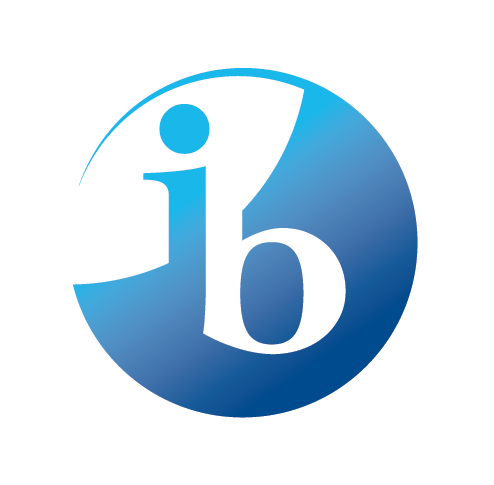
Poudre High School Cell Phone Policy
Impalas get to disconnect from technology and reconnect with themselves and others!
No cell phones - full class period:
- Cell phones silenced and out of sight
- Smartwatches, iPads, etc. silenced
- No use of airpods/wireless headphones - headphones may be plugged into school-issued laptops
*Unless specifically identified in an IEP, 504, or Health Care Action Plan
Breaks during class:
- No cell phone use unless specifically identified in an IEP, 504, or Health Care Action Plan
Cell phones allowed:
- For academic activities with approved curriculum by administration
- During passing periods, lunch, off periods, before and after school
- Specifically identified in an IEP, 504, or Health Care Action Plan
Cell phone violation - three tiered response:
- 1st offense: teacher will take the cell phone/earbuds for the entirety of the class period and they will be returned at the end of the class period by the teacher.
- 2nd offense: teacher will take cell phone/earbuds to Mr. Holley. At the end of the school day, students will pick up cell-phone/earbuds from Mr. Holley.
- 3rd offense: teacher will take cell phone/earbuds to Mr. Holley and the student’s parents/guardians will pick them up at the end of the day.
- Violations exceeding 3 in one school year will result in a co-created technology plan.
-
Continued violations or refusals to turn over cell phones will result in discipline for willful disobedience.
*Teachers will model the cell phone policy expectation during class.
*Upon teacher/staff approval, a student may make a brief telephone call to a parent/guardian by stepping outside of the classroom.
*Parents/guardians should contact the front office if they need to contact their student during class: 970-488-6000.



